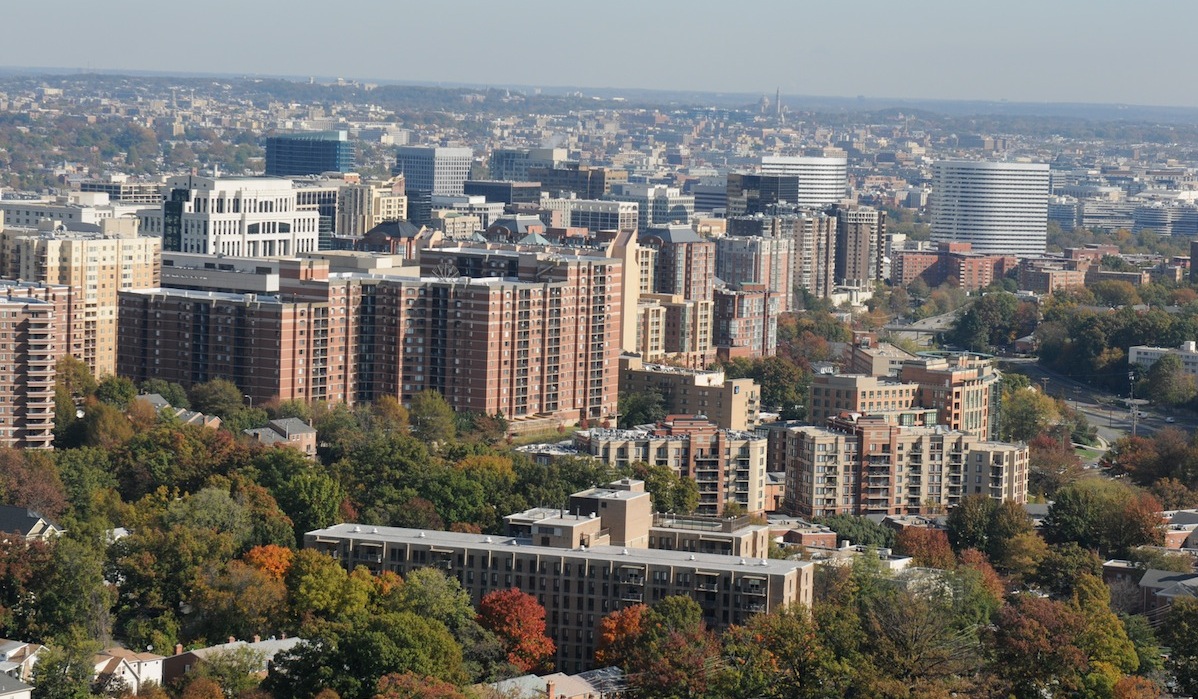Virginia has edged out Florida as the state with the most stringent hurricane building codes, according to the Institute for Business and Home Safety’s “2015 Rating the States” report.
Florida, which overhauled its building codes after Hurricane Andrew in 1992, slipped to the second spot. Most states with strong building code systems in place at the time of IBHS’s first report in 2012 remain committed to building safety, the organization says.
Most of these states have updated their codes to the latest model code editions, or are in the process of doing so, and maintained effective enforcement systems.
Some states, however, took no action to improve their codes, and a few have weaker systems in place now than in 2012, IBHS says. The study assesses the progress of 18 hurricane-prone coastal states along the Gulf of Mexico and the Atlantic Coast.
Another study done by IBHS, the University of Florida and the FEMA Mitigation Assessment Team following Hurricane Charley, which struck Florida in 2004, found that modern building codes reduced the cost of insurance losses by 42% and the number of insured losses by 60%.
Related Stories
| Sep 18, 2014
GBCI to administer PEER certification for power grids and building projects
The Green Building Certification Institute (GBCI) will administer certification for the Performance Excellence in Electricity Renewal (PEER) program.
| Sep 18, 2014
Master Painter Institute approves 55 new paint products
The Master Painter Institute has issued approvals for 55 new paint products.
| Sep 18, 2014
OSHA announces new requirements for reporting deaths and severe injuries
The U.S. Department of Labor's Occupational Safety and Health Administration announced a final rule requiring employers to notify OSHA when an employee is killed on the job or suffers a work-related hospitalization, amputation, or loss of an eye.
| Sep 18, 2014
Eugene, Ore., passes ordinance to achieve steep energy consumption reductions
The Eugene, Ore., City Council recently passed an ordinance aimed at steeply reducing energy consumption and greenhouse gas emissions.
| Sep 10, 2014
Nine out of 10 New York City building plans fail energy code test
Earlier this year, New York City's Department of Buildings began auditing thousands of architectural plans for new and renovated office and residential buildings.
| Sep 10, 2014
AIA, CSI, and NIBS publish updated national CAD standard, includes new BIM module
The NCS helps architects, constructors and operators coordinate efforts by classifying electronic design data consistently and making information retrieval easier, the industry groups say.
| Sep 10, 2014
Perry named new director of OSHA’s Standards and Guidance Directorate
Bill Perry has been named new director of the OSHA’s Directorate of Standards and Guidance, effective Aug. 24, 2014.
| Sep 10, 2014
ASHRAE proposes verification for energy standard
The ASHRAE/IES energy standard would have multiple compliance options to ensure verification of delivered building envelope performance under a new proposal.
| Sep 2, 2014
Micro-apartment concept can’t get traction in Boston suburb
Micro-apartments are gaining acceptance in nearby Boston and in places such as San Francisco and New York, but Weymouth, Mass., officials and neighbors were not receptive to a proposal for tiny dwellings this summer.
| Sep 2, 2014
Montreal borough leader urges city to issue green roof guidelines
The mayor of Montreal's Saint-Laurent borough wants Quebec's housing authority to speed up its plan to publish construction guidelines for green roofs.









